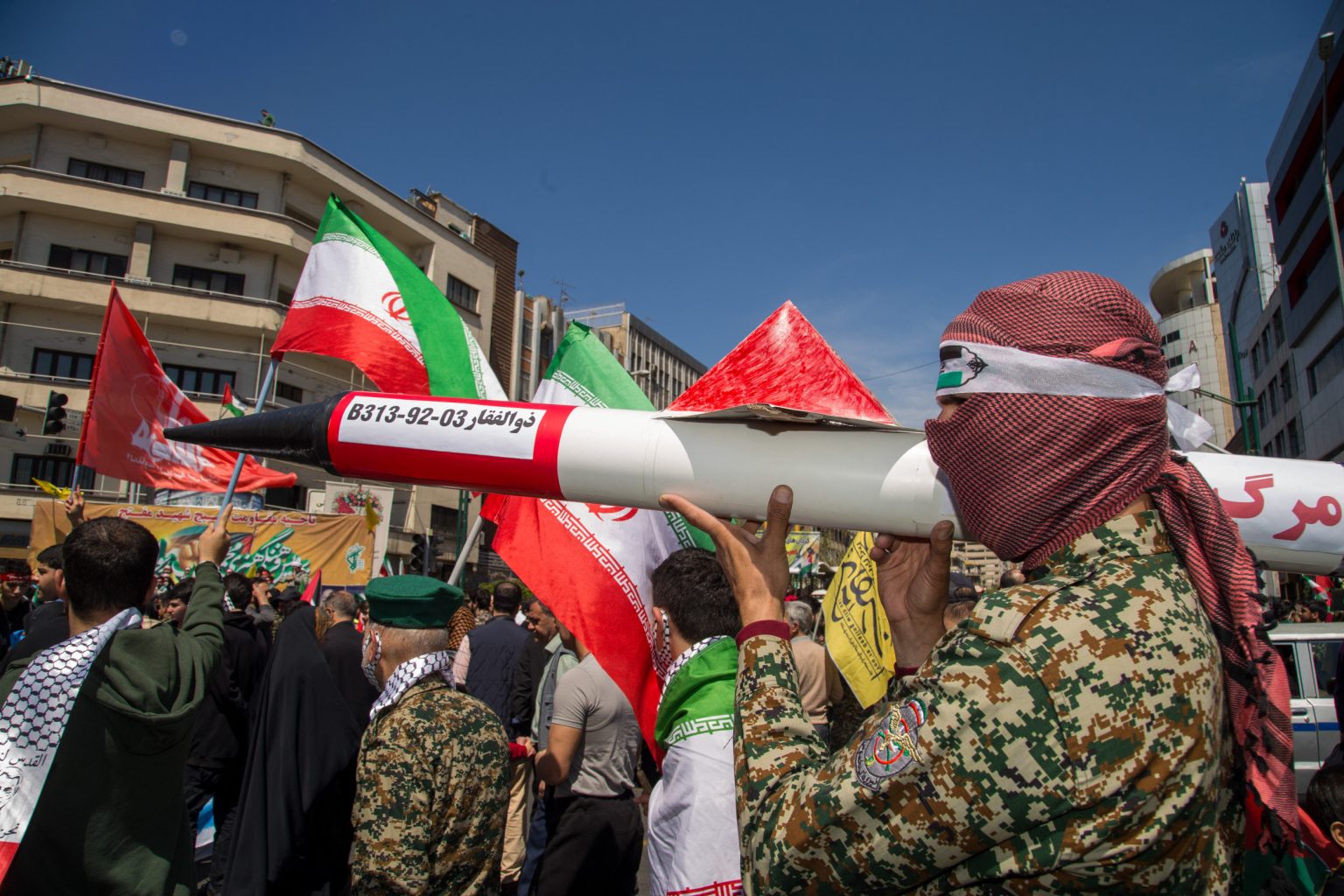The White House has expressed concern over the threats facing U.S. troops in Iraq and Syria in response to a suspected Israeli airstrike that killed several Iranian personnel near its embassy in Damascus. National Security Council Strategic Communicators Coordinator John Kirby emphasized the need for force protection measures for U.S. personnel in the region, given the threats posed by Iran and its supported groups, particularly the Islamic Revolutionary Guard Corps (IRGC). The IRGC, classified as a terrorist organization by the U.S. in 2019, operates abroad through its elite Quds Force and coordinates with various militias within the “Axis of Resistance.”
The recent attack near Tehran’s consulate in Damascus, which resulted in the deaths of Iranian personnel, including IRGC commanders, has led to vows of severe retaliation by Iranian officials. Iranian Foreign Minister Hossein Amir-Abdollahian, during a visit to Damascus, condemned the Israeli regime’s actions and promised a certain response. The Iranian government has also emphasized support for the Axis of Resistance and solidarity with Palestinians in Gaza. Top Iranian leaders have reiterated that the attack will not go unanswered, indicating a potential for further escalation in the region.
The Iranian threats have prompted heightened readiness measures by the Israeli Defense Forces, including cancelation of leave for combat units and increased defensive preparations. IDF Chief of the General Staff Lieutenant General Herzi Halevi highlighted Israel’s ability to deal with Iran both offensively and defensively, signaling a readiness to respond to any potential Iranian aggression. While Israel has not officially confirmed its role in the strike in Syria, it has expressed readiness to act in cooperation with the U.S. and regional partners.
The Biden administration has distanced itself from the attack in Damascus, emphasizing that the U.S. was not involved in any way. As the conflict between Iran-backed groups and U.S. forces continues, there have been efforts to maintain an unofficial ceasefire following U.S. strikes against militias in Iraq and Syria earlier in the year. Discussions on the future of the U.S. military presence in Iraq are underway, with Iraqi Prime Minister Mohammed Shia al-Sudani scheduled to visit Washington to address the issue.
Despite efforts to maintain peace, Axis of Resistance forces, including Hezbollah, the Islamic Resistance in Iraq, and Yemen’s Ansar Allah, have continued to target Israel. Attacks carried out by these groups are seen as part of a broader strategy to resist Israeli occupation and show support for Palestinians in Gaza. As the situation in the region evolves, more information will be provided as the story develops. Newsweek is dedicated to challenging conventional wisdom and finding connections in the search for common ground amid the ongoing conflict in the Middle East.


